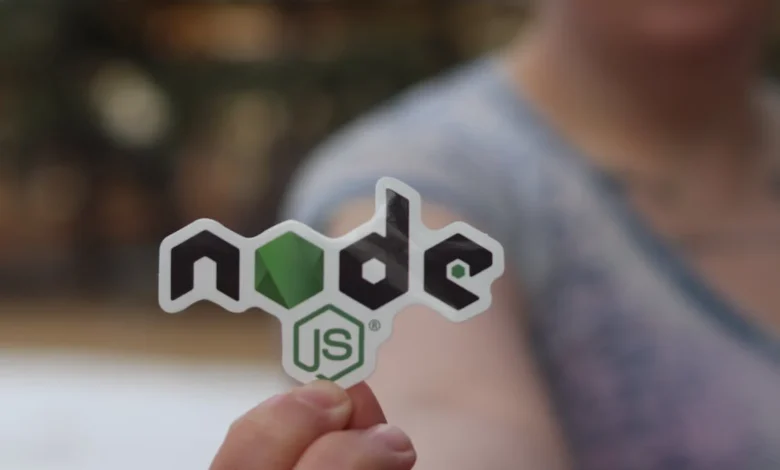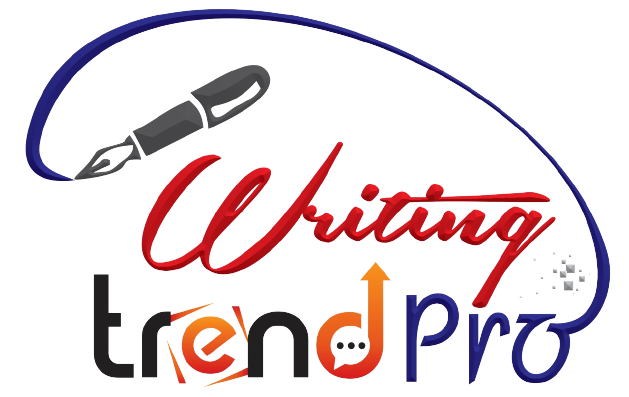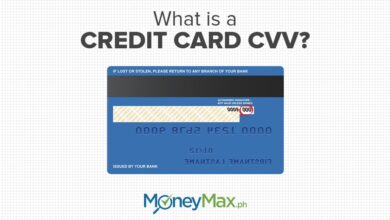How to Choose the Best Node.js Frameworks

Node.js has gained immense popularity among developers for its ability to build scalable and high-performing applications. With its event-driven architecture and non-blocking I/O model, Node.js provides a powerful platform for server-side development. However, choosing the right framework for your Node.js project is crucial to ensure efficiency and productivity. In this article, we will guide you through the process of selecting the best Node.js frameworks for your development needs.
Assess Your Project Requirements
Before diving into the world of Node.js frameworks, it’s essential to assess your project requirements. Consider factors such as project complexity, scalability needs, performance requirements, available development resources, and desired features. Understanding these requirements will help you narrow down your options and find a framework that aligns with your project goals.
Evaluate Framework Popularity and Community Support
The popularity and community support of a Node.js framework play a significant role in its success and sustainability. A thriving community indicates active development, frequent updates, and a wealth of available resources and plugins. Check the framework’s GitHub repository, forums, and community websites to gauge its popularity and the level of support it receives.
Consider Performance and Scalability
Node.js is renowned for its ability to handle high traffic and scalable applications. However, different frameworks may offer varying performance and scalability capabilities. Look for frameworks that are optimized for performance and provide features like clustering, load balancing, and asynchronous processing. Performance benchmarks and case studies can help you evaluate a framework’s performance under real-world scenarios.
Examine Learning Curve and Developer Experience
Consider the learning curve associated with a Node.js framework and its impact on your development team’s productivity. Some frameworks prioritize simplicity and ease of use, making them ideal for beginners or developers with limited experience. On the other hand, more advanced frameworks may offer extensive features and flexibility but require a steeper learning curve. Assess the skill set of your team and choose a framework that matches their expertise level.
Evaluate Available Tools and Libraries
Node.js frameworks often come with a range of tools, libraries, and extensions that enhance development productivity. These tools can include testing frameworks, package managers, ORM libraries, and more. Evaluate the available ecosystem of tools and libraries provided by each framework and determine if they align with your project requirements and preferred development workflows.
Consider Documentation and Support
Clear and comprehensive documentation is crucial for efficient development with a Node.js framework. Good documentation makes it easier for developers to understand the framework’s concepts, APIs, and best practices. Additionally, check if the framework has an active support system, such as official documentation, community forums, or dedicated support channels. This ensures that you can seek help and guidance when encountering issues or challenges during development.
Assess Security and Maintenance
Security is a critical aspect of any web application. Evaluate the security features and practices supported by the Node.js framework. Look for frameworks that provide measures to prevent common security vulnerabilities, such as input validation, authentication mechanisms, and protection against cross-site scripting (XSS) and SQL injection attacks. Additionally, consider the framework’s maintenance and update frequency to ensure long-term stability and security.
Seek Recommendations and Feedback
Gather recommendations and feedback from other developers, colleagues, or industry experts who have experience with Node.js frameworks. Their insights can provide valuable perspectives and help you make an informed decision. Consider joining developer communities, attending meetups, or participating in online forums to connect with other Node.js developers and gain valuable insights. If you’re considering utilizing the power of Node.js for your web development projects, there are numerous Nodejs development services available.
By following these guidelines, you can select the best Node.js framework that fits your project requirements, enhances developer productivity, and ensures the success of your Node.js development endeavors.
For more tech blogs keep visiting our site.




